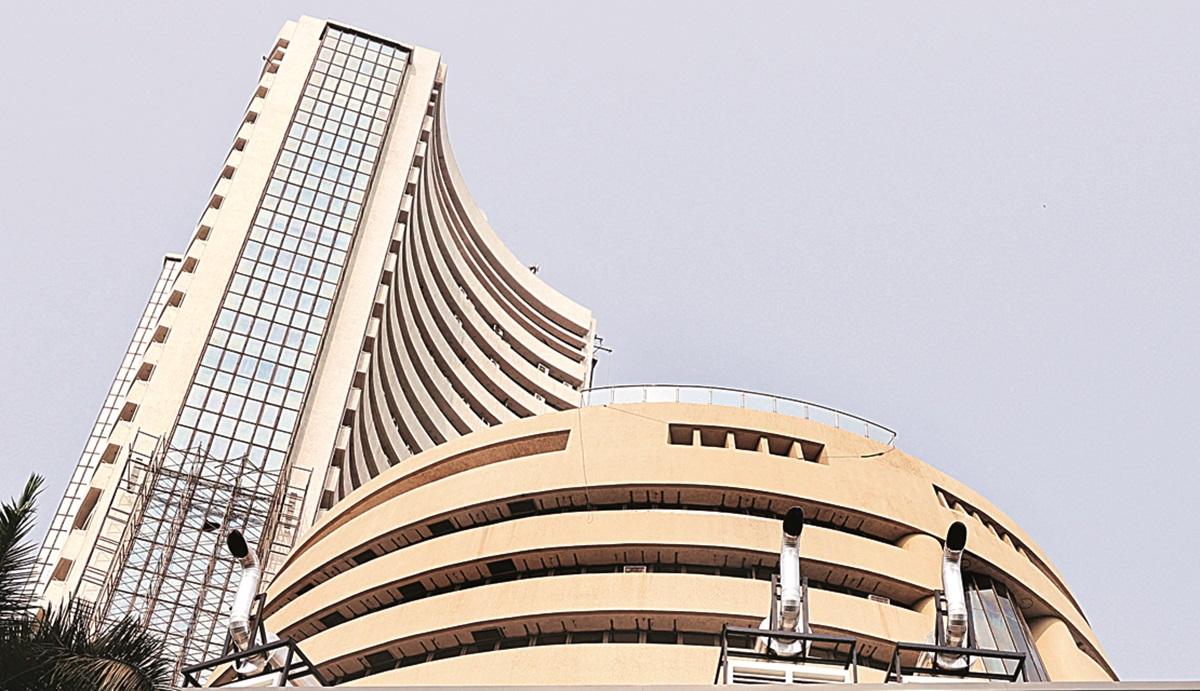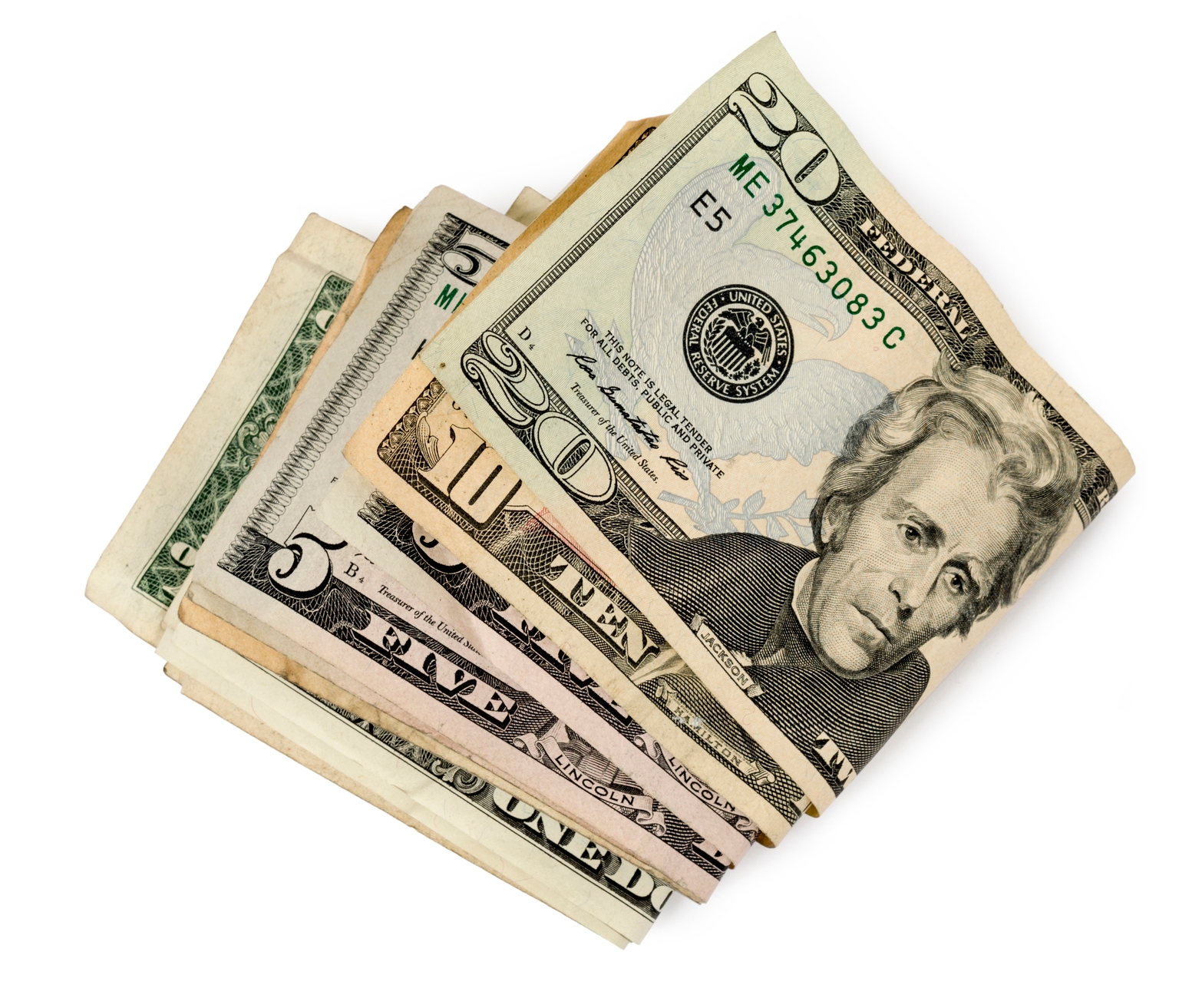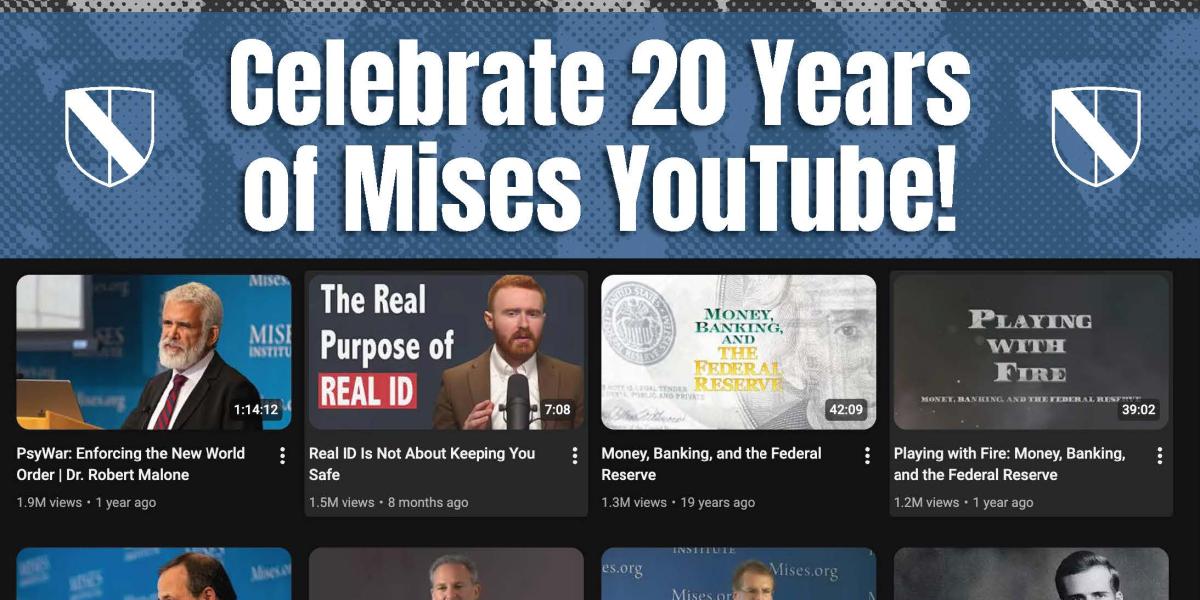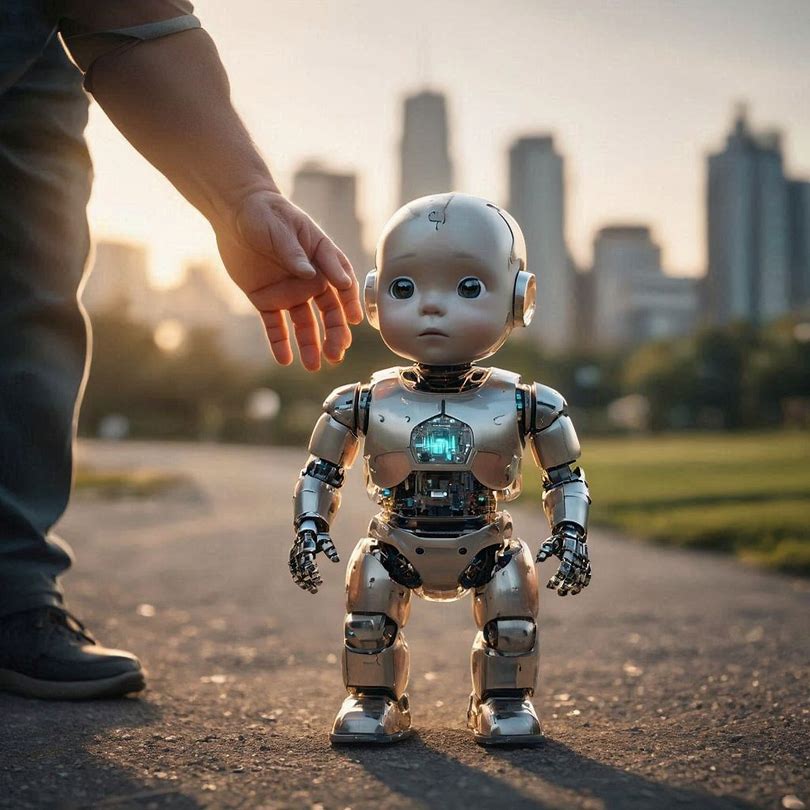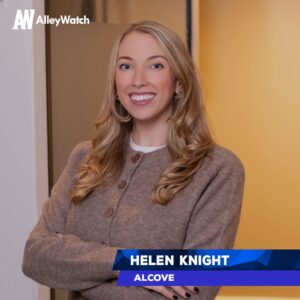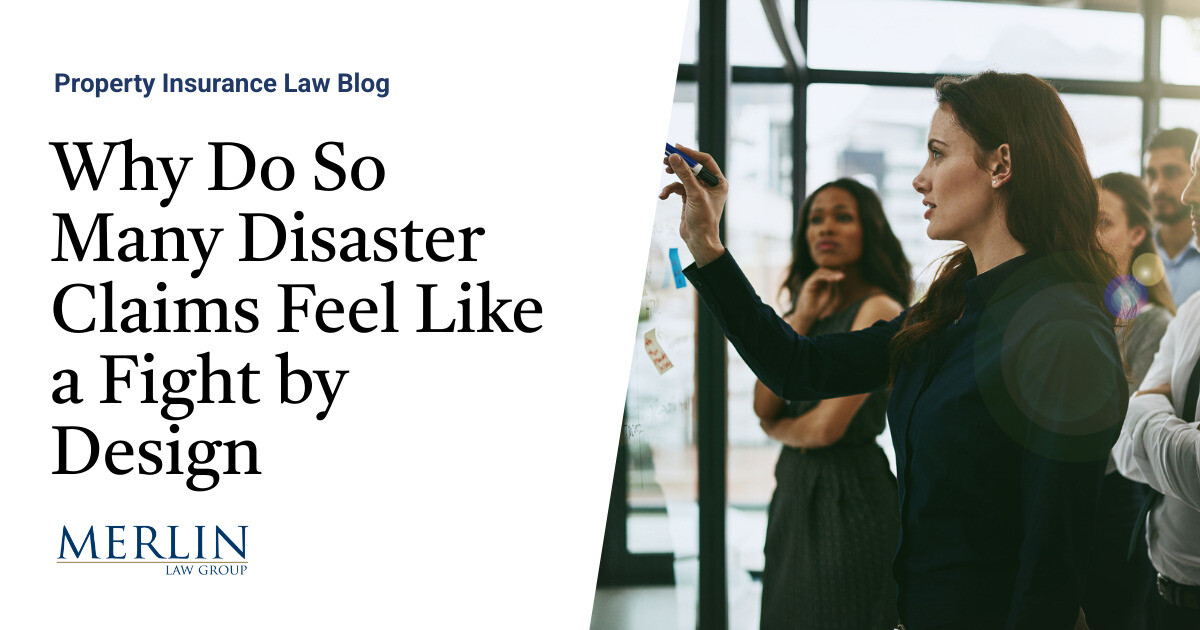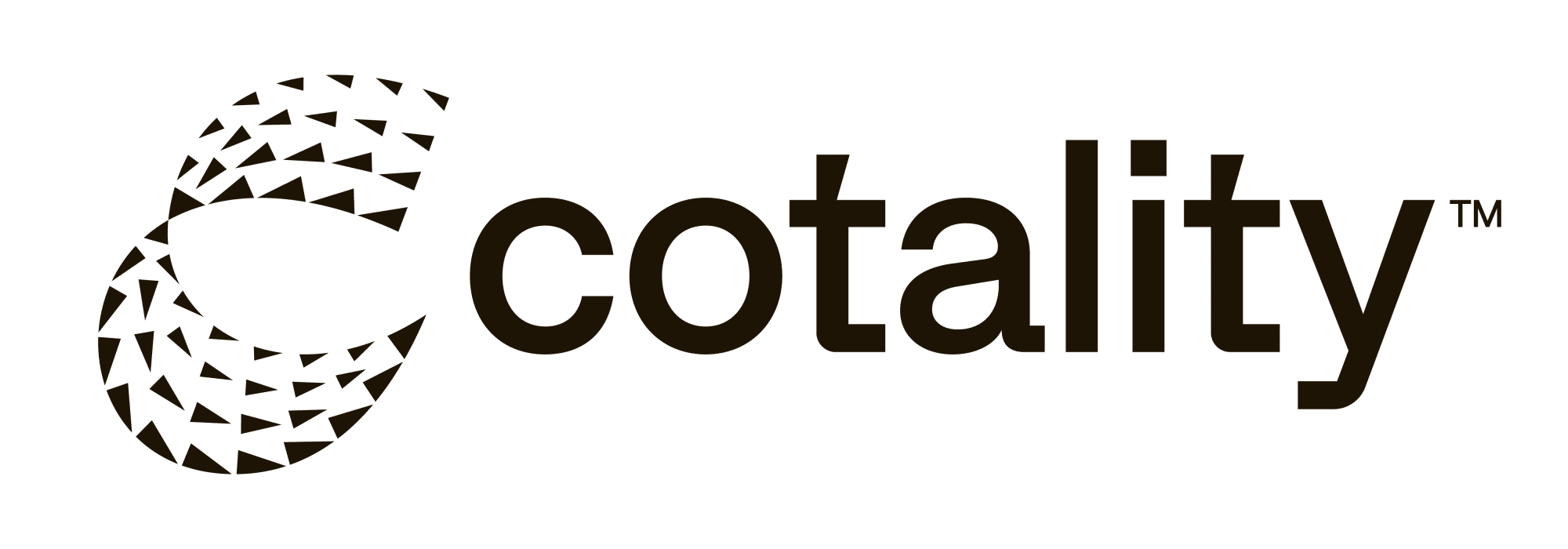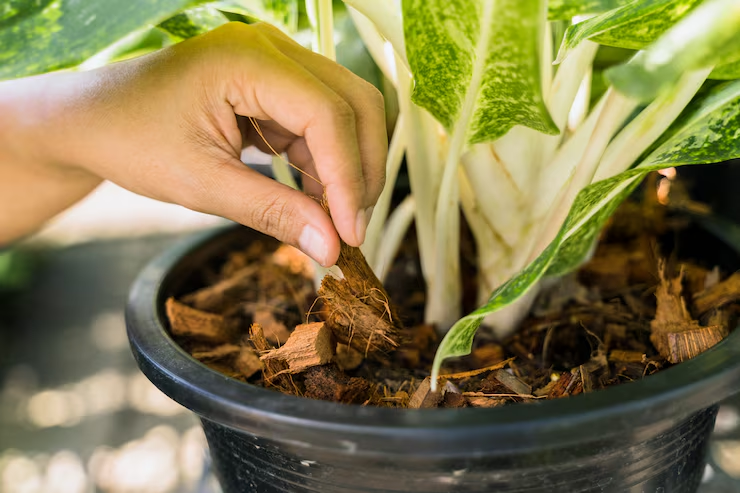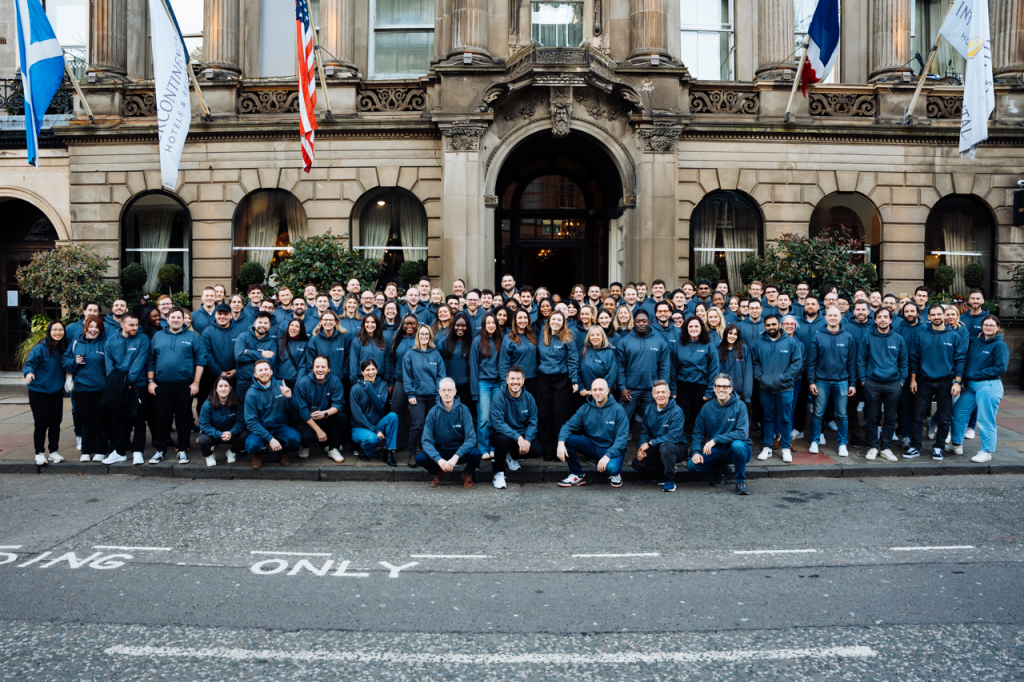By Max Dorfman, Research Writer, Triple-I
Economic turbulence, political unrest, climate catastrophes, and the aftermath of a global pandemic are just a few of the forces demanding that everyone – homeowners, consumers, businesses, and policymakers, as well as risk-management professionals – take responsibility for understanding and reducing the perils facing all of us, Triple-I CEO Sean Kevelighan said in a recent episode of the Predict & Prevent podcast.

“We’re simply living more and more in harm’s way,” Kevelighan told Peter Miller, president and CEO of The Institutes and host of the podcast, which explores how innovators are combating some of the biggest risk challenges facing society by working to eliminate losses before they occur. “We’re a riskier society in terms of our behavior, and this is placing pressure on the traditional risk-transfer tool that is insurance.”
“Even before we got into COVID, severity in catastrophes, both natural and manmade, had been increasing,” Kevelighan said. The two CEOs discussed this growth in severity and what it means for insurers and the policyholders they protect.
“There’s little doubt that predict and prevent is urgently needed,” Miller said. “But the big question remains how? How can we put these principles and practices into action?”
Among other things, Kevelighan talked about the role of telematics and the Internet of Things in helping policyholders anticipate losses and mitigate them in advance by making investments or changing their behaviors. Automobile telematics, for example, shouldn’t simply be about getting discounted insurance premiums.
“It should be about helping people become safer drivers,” Kevelighan said.
Predicting and preventing costly losses has to involve collective responsibility by all parties. It’s no longer enough to simply buy an insurance policy and rest comfortably in the knowledge that, if something bad happens, you’ll get a payout. A change in mindset is required.
As Kevelighan put it, “Nobody wins from a loss.”
The Predict & Prevent podcast can be found on Apple Podcasts, Spotify, Google Podcasts, and Stitcher. Other recent episodes include:
How FEMA Does Resiliency; Computer Vision Enhances Safety
Predicting Wildfires, Worker Injury with Better Risk Data
Preventing Catastrophic Water Damage
Policymaker Perspectives
Hidden Dangers Uncovered








